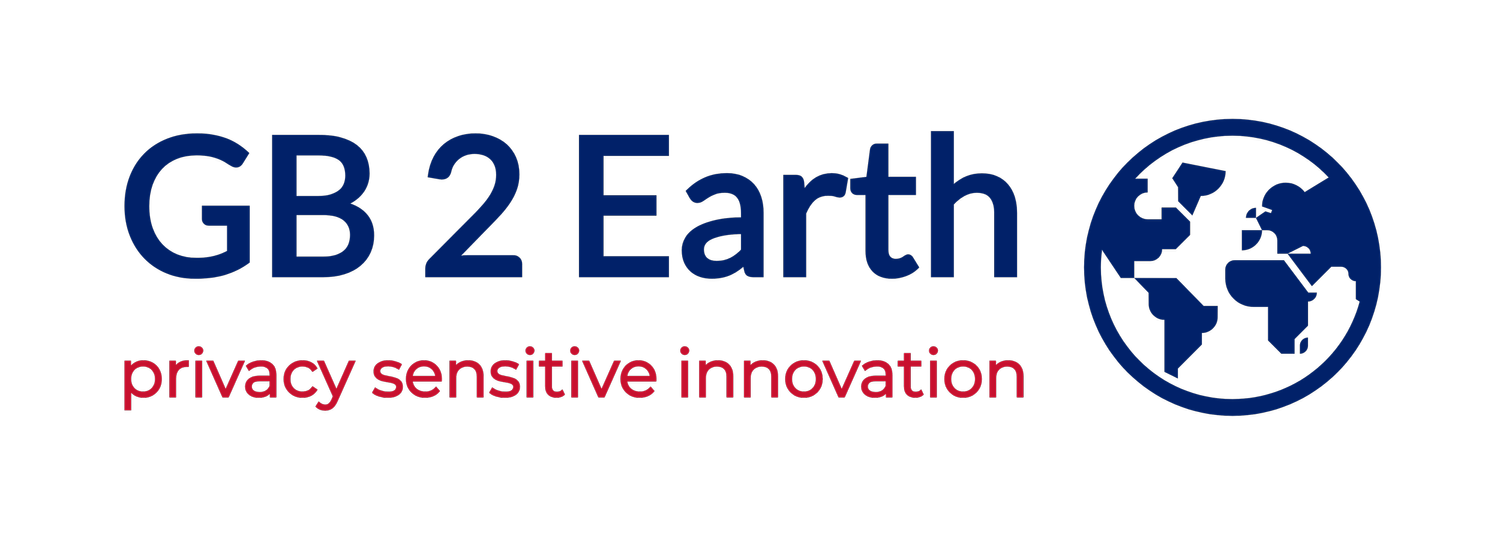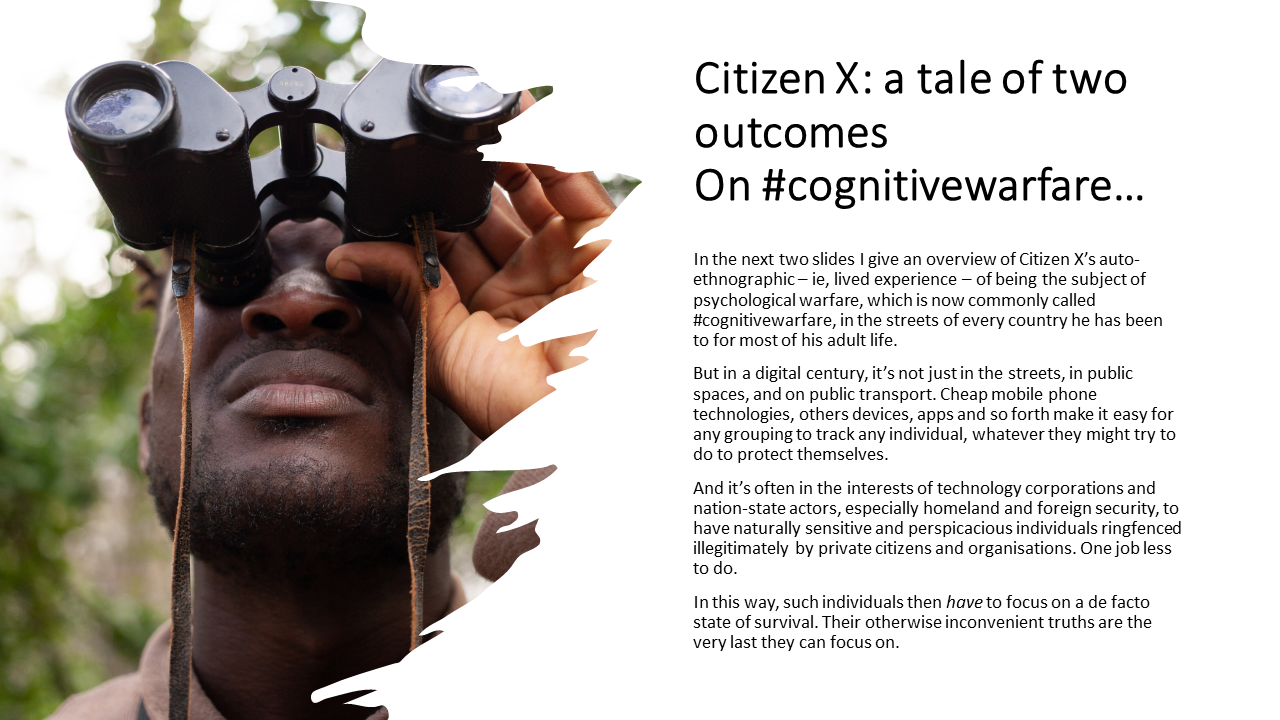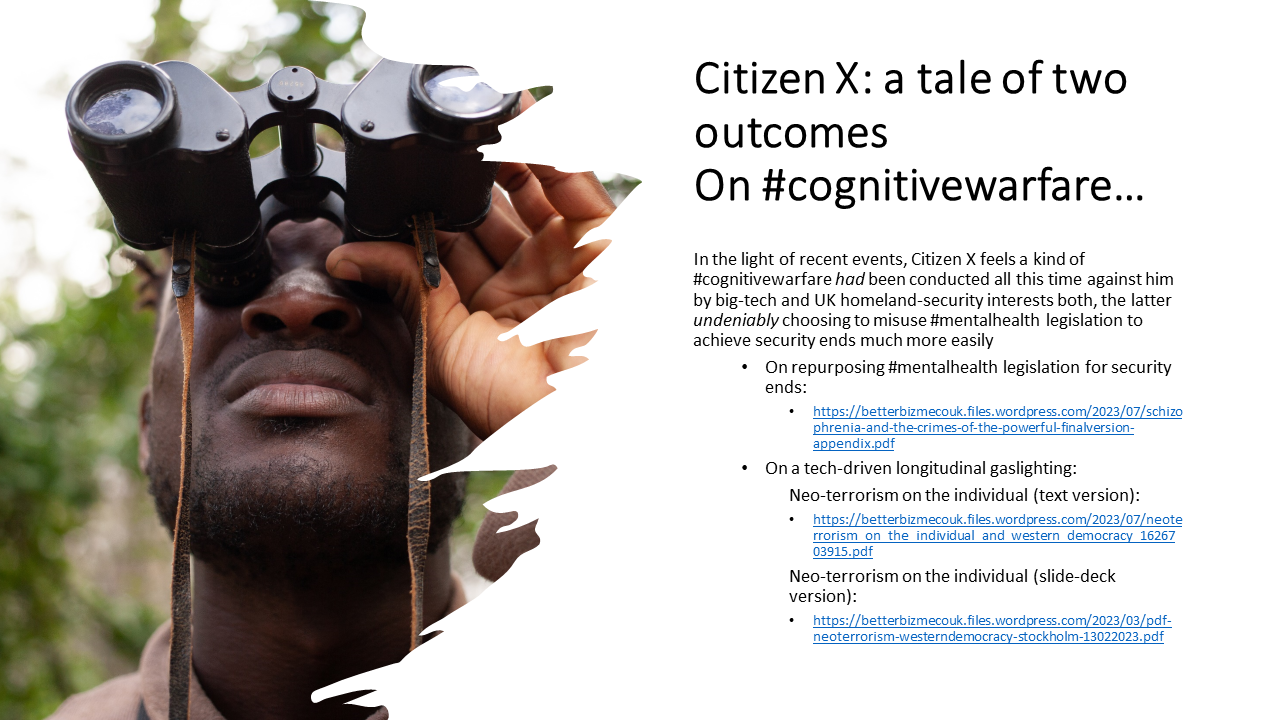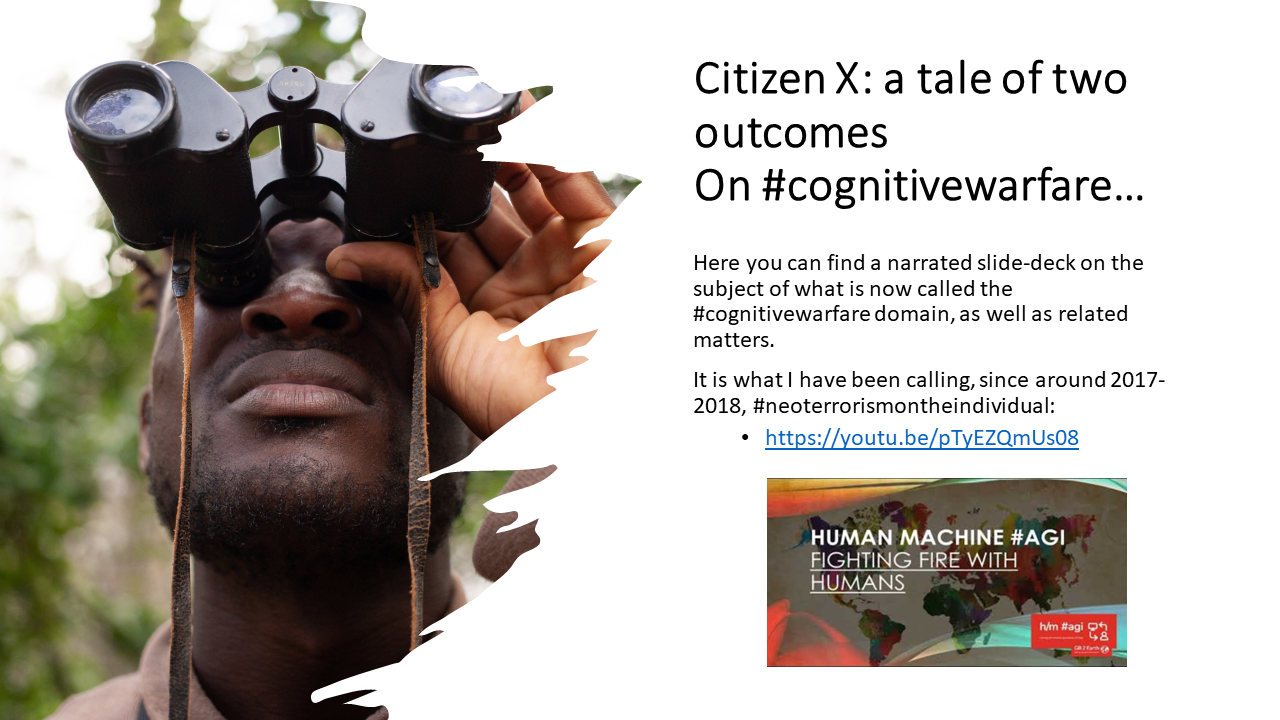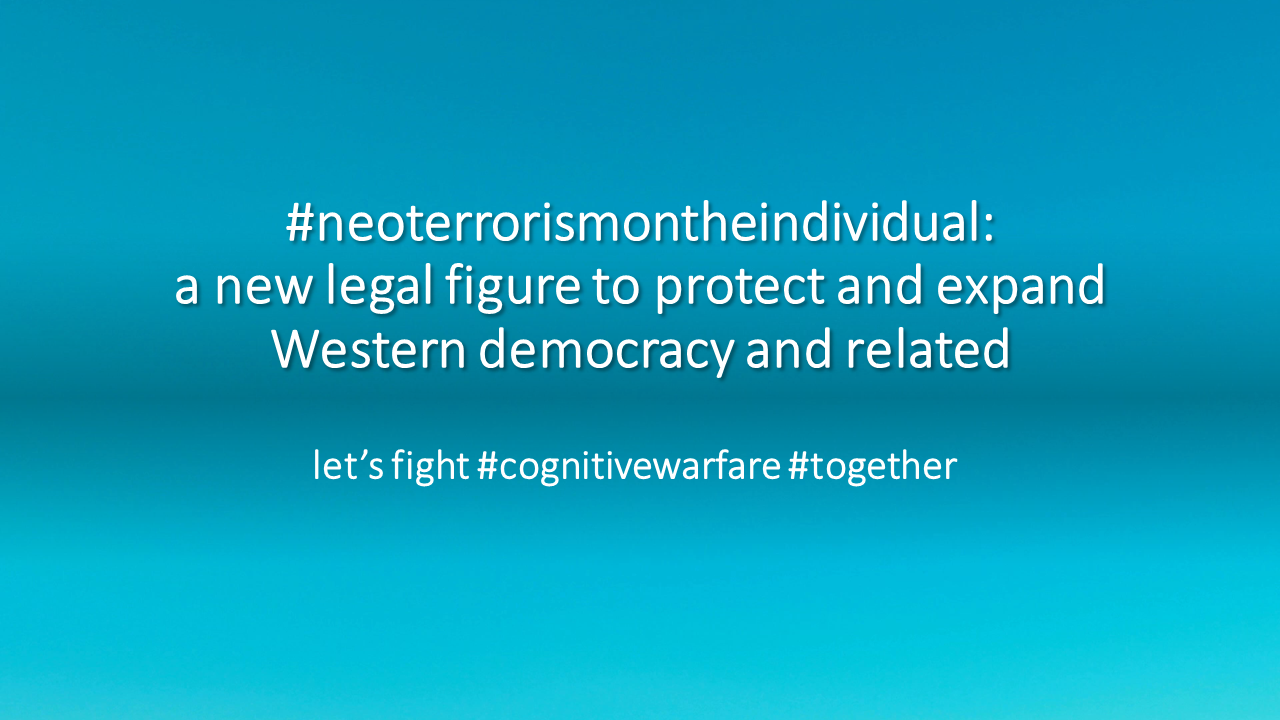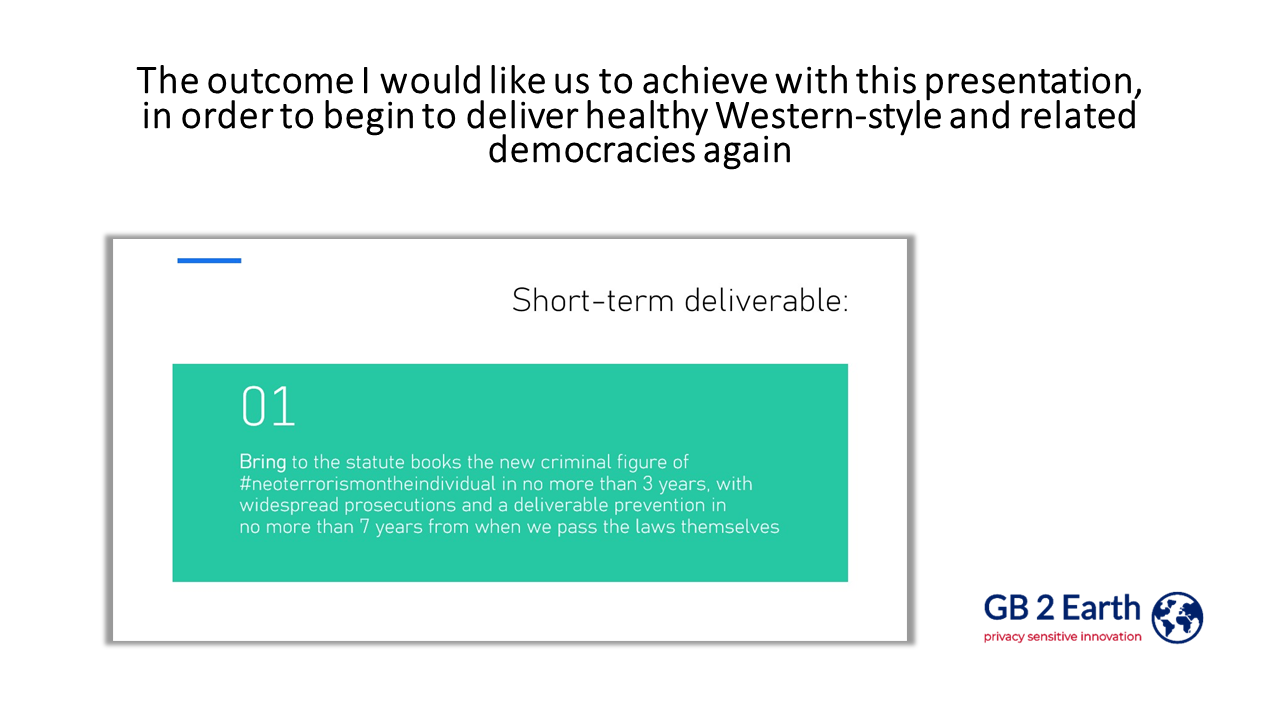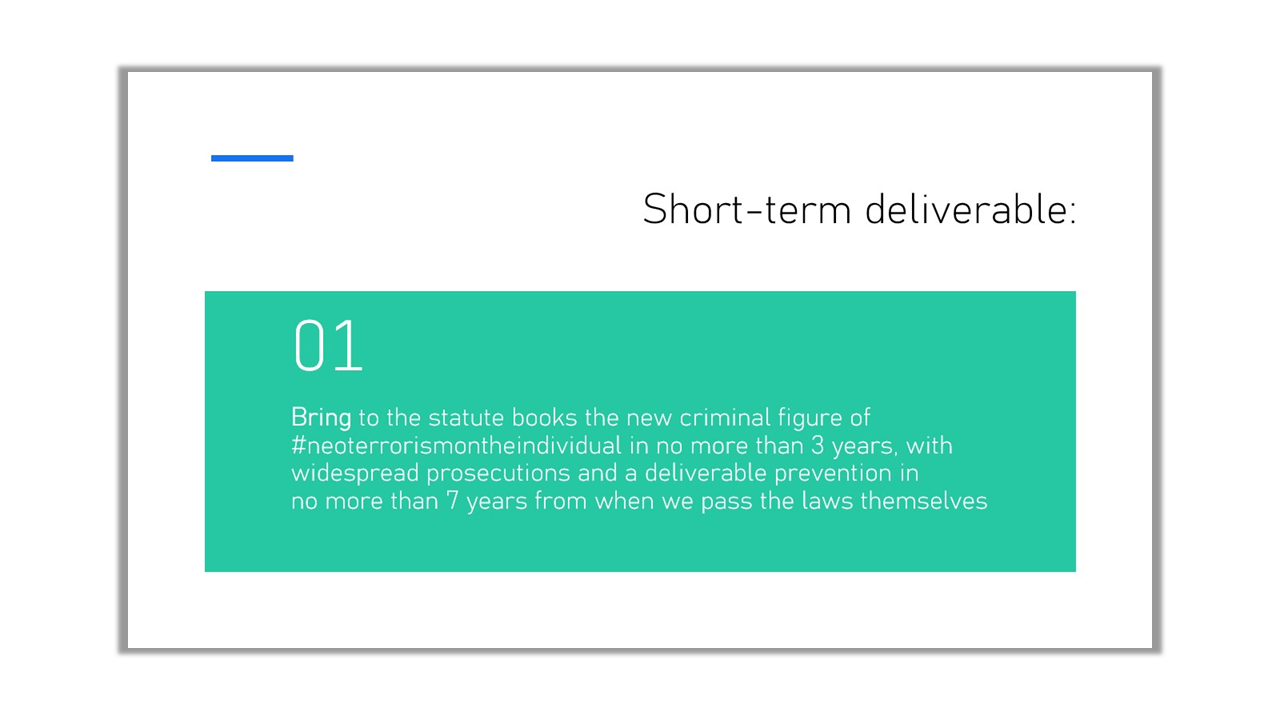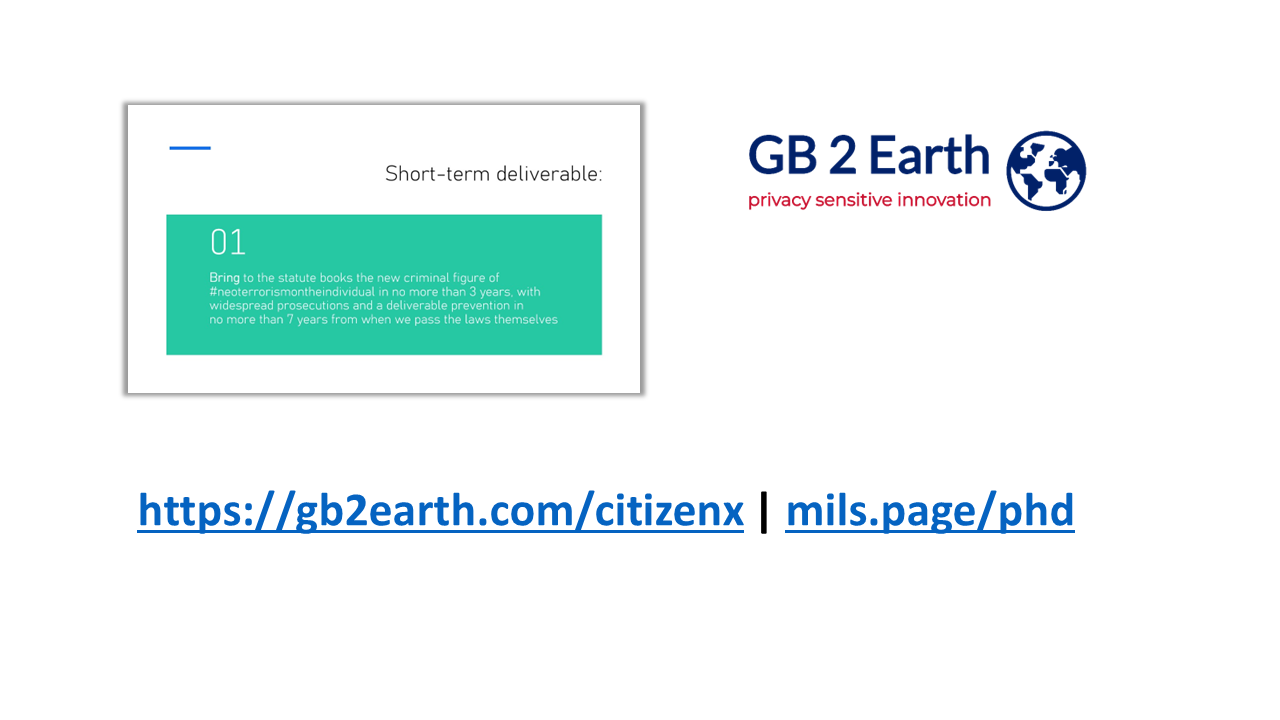Citizen X: a tale of two outcomes
the resource hub
Before we continue, you can find an introduction to the Citizen X story here, along with a button to download the full presentation …
That page is more about my auto-ethnographic experiences, and how they impacted me, often rather emotionally, over the years. These unresolved emotional states are still ongoing, to be honest. They involve feelings of abandonment by close family in 2003, and aggressive psychological games in the decades since by many who claimed they approached me with the avowed intent to work with me.
This hub here, however, is more a question of what do we all do now in a wider societal sense: how we can fight on the battlefield of #cognitivewarfare more effectively, knowing that nation-state actors such as Russia and China have been delivering on this domain — on ordinary people in democracy — for many decades without us really noticing … or perhaps, where professionals of security and law-enforcement are concerned, not really thinking worth its calling out, for whatever the reasons. (That would be for another moment and article ….)
For now, with 9/11, Putin’s Russia’s dislocation of Western democracies via Ukraine, and Hamas’s latest assault on all human decency (in the full knowledge of how the Israeli people of all sides and ethnicities would feel obliged to respond), it does begin to seem that an automated security can’t fight successfully on all fronts always.
Because all three of the above happened in the full view of what big tech suggests is all that Western and related security needs to defend our common interests.
And whilst many of these interests have been protected over the years in ways that cannot be made clear, #cognitivewarfare by its very creative nature cannot be fought exclusively by an automation of all human capabilities and actions out of the workplace and into machine-mainly fields.
On this page, then, the following:
The refreshed and expanded Citizen X slide-deck, including one deliverable on #neoterrorismontheindividual which is really really dear to my professional heart. This all consists of auto-ethnographic — that is, lived experience — research I have conducted in both structured and less structured ways.
The two documents where I originally defined #neoterrorismontheindividual: these include a text version of the PhD proposal and a slide-deck I refreshed this year 2023, whilst in Stockholm Sweden.
A link to the essay on what happens when your only alternative is to take revenge, plus another on the same page to gentler and more longitudinal tech- and other-based ways of engineering certain dynamics which lead to less war and more democracy from the grassroots up. These strategies also occurred to me whilst I was staying in Stockholm.
From my Criminal Justice MA at Liverpool John Moores University UK in the spring of 2017, an introduction to the paper I wrote on what I saw as a repurposing of mental health legislation for criminal-justice and/or UK homeland-security objectives.
Finally, click here to go to the GB 2 Earth homepage, where you can find a brief two-minute video on 9/11, amongst other things, and a just-under-the-hour narrated slide-deck which deepens that same thesis.
-
Click here to download this slide-deck in full.
-
Click here for the text version of the original PhD proposal.
Click here for the slide-deck version of the same.
-
This page on GB 2 Earth compares two approaches to the challenges that beset us all when faced by war.
When we’re faced with no alternative to revenge, what then?
And if authoritarianism is taking over everywhere we look, how can we empower those citizens who wish to fight back with tools and legal structures that may enable such responses?
Click here to find out more about both these ideas.
-
In the spring of 2017, I was studying Criminal Justice at Liverpool John Moores University UK.
I wrote a paper for one of the modules, delivered by the person who would then be my dissertation supervisor: Dr Emma T Murray.
From an early part of the paper:
“#schizophrenality: both a thought experiment and a nascent method
Crimes of the powerful do exist. It is the hypothesis, still unprovable, of this article that, in this context, the powerful habitually use Mental Health legislation, process and procedures they have developed in Parliament (Mental Health Act, 1983; 2007) – with the collaboration of professionals operating in their own environments, professional mindsets and training – in order to lock away, without a robust diagnostic tradition, highly intelligent and perceptive people (Rosenhan, 1973) (BBC, 2012) for weeks, months, maybe years on end; and, at the very least, where imprisonment of the body is not the case (Foucault, 1991) to medicate such individuals into an equally oppressive submission of the mind, maintained in the community with anti-psychotic medication as powerful as the crimes this author will suggest were being committed.”
You can now read this paper in full by downloading here.
In passing, it does contain an Appendix which has a very early version of the Citizen X presentation itself.
